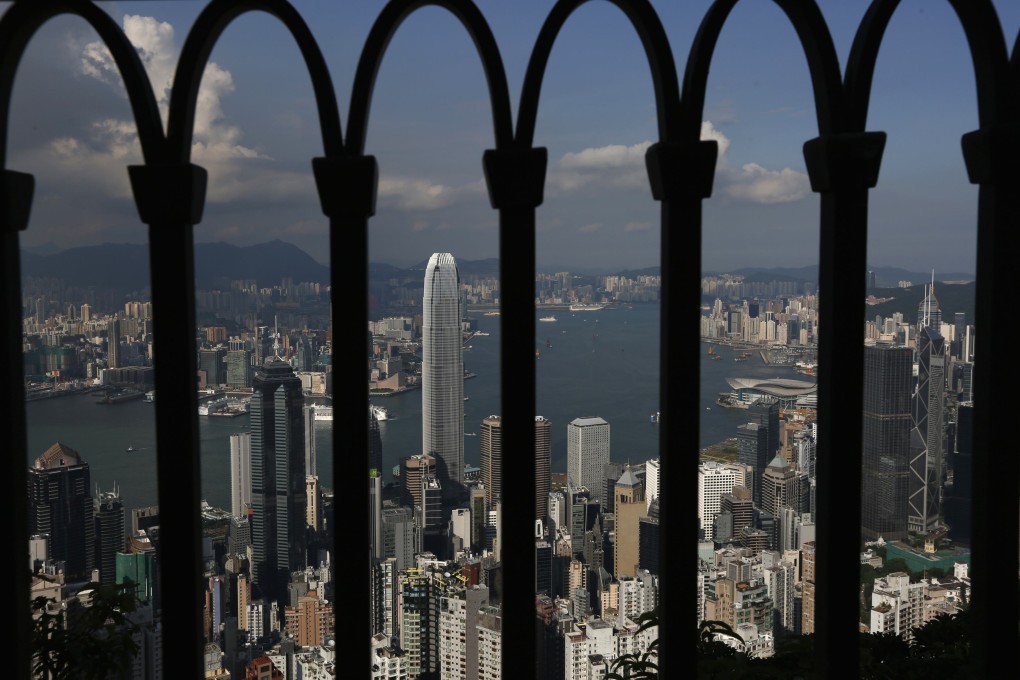New | Beijing to Hong Kong: you can vote, but we select the candidates

Seventeen years after taking control of Hong Kong, pledging universal suffrage for the territory, Beijing has made one-person one-vote meaningless by giving itself sole prerogative over choosing the candidates. As Hong Kong reels from the shock of this reversal of democratisation trend, the international community wonders about Hong Kong’s future and its standing in the eyes of the world.
In 1997 Hong Kong returned to the People’s Republic of China with the promise of a gradual transition to a representative government. In 2010 China raised hopes saying that in the election of 2017 universal suffrage could be introduced, with details to be worked out later. Li Fei, senior official of China’s National People's Congress, unveiled the plan on August 31, and the news stunned Hong Kong: China would effectively pre-screen candidates for the position of chief of Hong Kong and limit final candidates to two or three thus denying many of the 7 million residents in Hong Kong ability to vote for a candidate from a slate they liked.
This move has dented international credibility of China, already the world’s second largest economy, which has pledged to be a more responsible rising power in the world stage. If Beijing can so easily break its promise for Hong Kong, then the rest of the world must ponder whether the Chinese government will live up to other international commitments.
Long before the 1997 handover, the official People’s Daily, the mouthpiece of China’s Communist Party, published an article, March 18, 1993, quoting Lu Ping, then the top official in charge of Hong Kong and Macau affairs: “How Hong Kong develops its democracy in the future is completely within the sphere of the autonomy of Hong Kong. The central government will not interfere.”
More than 20 years on after Lu Ping’s promise to Hong Kong, the “One country, two systems” scheme designed by late paramount Chinese leader Deng Xiaoping is now at the risk of collapse due largely to increasing interference, directly or indirectly, by Beijing in various aspects from local elections of legislators to freedom of the press, for decades widely considered one of Hong Kong’s core values alongside the rule of law. The “one country, two systems” scheme implied that, while Mainland China remained socialist, capitalist democracy could coexist in other parts of China as in Taiwan after unification with the Communist China. The Taiwanese government has repeatedly rejected such a political concept since 1971 when the United Nations recognised the People’s Republic as the sole government of China and Taiwan’s leaders refused a dual-representation deal.
The city’s pro-democracy Occupy Central movement – fighting for “one person, one vote” and universal suffrage in line with international standards rather than with so-called “Chinese characteristics” that allow Beijing to pre-screen candidates first – staged a landmark protest against Beijing’s announcement for the 2017 election.
Historically, Hong Kong has been more than just a financial center, playing key roles in political reforms and developments in modern Chinese history. Hong Kong was at one time the home for Sun Yat-san, the founding father of Republican China and an alumnus of the University of Hong Kong, one of the oldest and most prestigious academic institutions in Asia. Many Chinese officials and scholars once expected that Hong Kong could be a role model for the future development of relations between Mainland China and Taiwan in the hope that the two might reunite someday similar to the “One country, two systems” arrangement for Hong Kong.